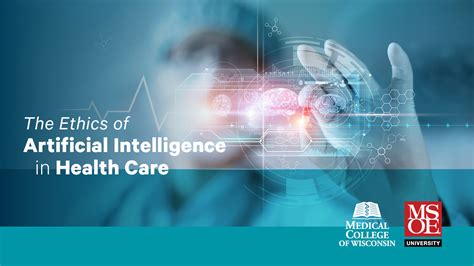The integration of artificial intelligence (AI) systems into hospital care has sparked a contentious debate among healthcare professionals. Concerns primarily center around the potential recklessness of deploying underdeveloped AI technologies, which may prioritize financial outcomes over patient welfare. This fear is not unfounded, as the shift from patient-centered care to profit-driven models may lead to a misuse of AI, where its deployment could endanger patient safety rather than enhancing it. Such prioritization could seriously undermine the foundational ethics of healthcare, which vow first and foremost to do no harm.
Analyzing the situation reveals a disturbing trend: healthcare seems increasingly swayed by the profitability of AI technologies rather than their medical efficacy. The alarming rate at which some hospitals are adopting these technologies could be seen as a symptom of a larger, systemic issue where financial incentives overshadow patient health outcomes. The sentiment expressed by healthcare workers suggests a desperate need for a balanced approach that considers both the advantages and possible pitfalls of AI in medical practice.
In practical terms, the application of AI in healthcare could indeed streamline many processes. For instance, AI can assist in diagnosing diseases, predicting patient outcomes, and managing healthcare resources more efficiently. However, the lack of transparency and accountability in AI decision-making processes is a major concern. AI systems, particularly those based on machine learning algorithms, often operate as ‘black boxes’ with decision pathways that are neither transparent nor easily interpretable by human overseers.
The lack of an audit trail in AI decisions poses a significant risk, as it can lead to scenarios where errors are made but cannot be traced back to their origins. This opacity could hinder efforts to rectify mistakes and hold the right parties accountable, potentially leading to fatal consequences in a medical context. The comments from healthcare professionals highlight these issues, pointing to a grave need for regulatory frameworks that ensure AI systems are not only effective but also safe and interpretable.
Moreover, the personal touch that healthcare workers provide cannot be understated; it remains an indispensable part of patient care. AI systems, no matter how advanced, cannot replicate the empathy and emotional support offered by human caregivers. The psychological comfort provided by human interaction in medical settings plays a crucial role in patient recovery and cannot be overlooked in the rush to digitize and automate healthcare processes.
This calls for a prudent integration of AI in healthcare, where technology complements rather than replaces human expertise. A collaborative model where AI tools assist healthcare professionals without displacing the essential human element could be the way forward. The technology should be leveraged to reduce the workload on healthcare staff and improve efficiency, but not at the cost of compromising care quality or ethical standards.
In conclusion, while AI presents a promising frontier in healthcare innovation, its adoption must be handled with the highest degree of care and ethical consideration. Setting comprehensive regulatory standards, ensuring transparency in AI processes, and maintaining the irreplaceable human element in patient care are imperative steps. As we stand on the brink of a technological revolution in healthcare, guiding principles that prioritize patient well-being and safety above all else must be established to govern the integration of AI into this sensitive and crucial field.


Leave a Reply